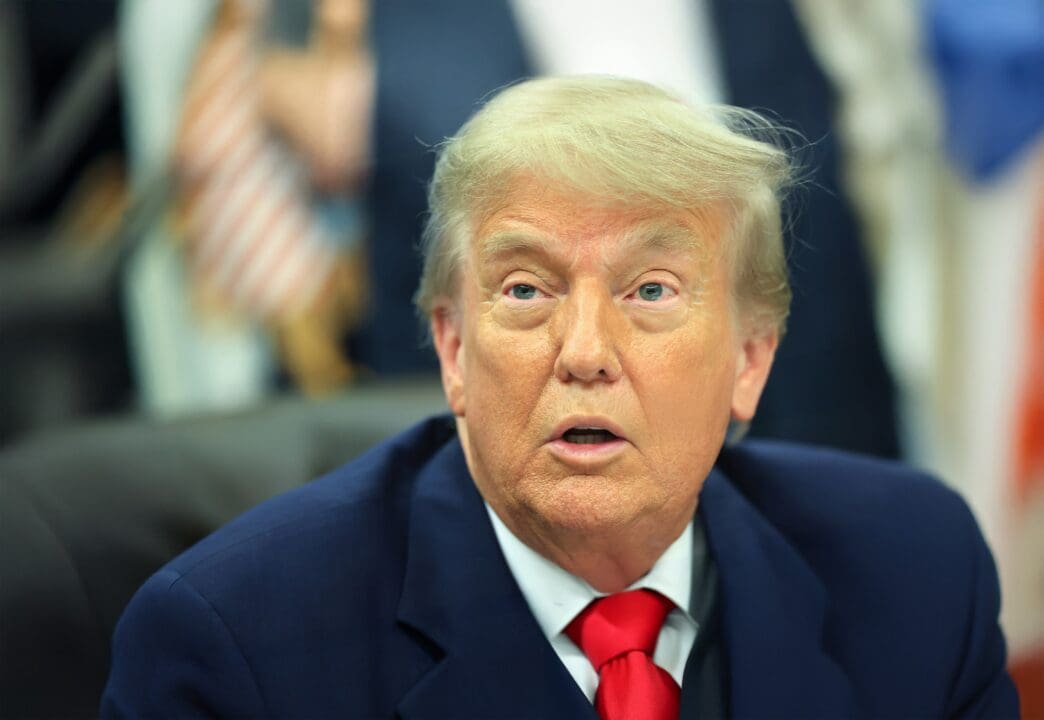Executive Summary
The Story So Far
Why This Matters
Who Thinks What?
President Donald Trump’s administration is intensifying its deployment of federal law enforcement and National Guard troops across U.S. cities, proceeding despite judicial rulings, objections from local officials, and growing public opposition. Recent actions include attempts to override a judge’s ruling against Guard use in Portland, pushing a deployment to Chicago despite local rejection, and floating the invocation of the Insurrection Act, even as polls indicate Americans are increasingly skeptical of these domestic military interventions.
Administration’s Broad Actions
In recent days, the administration has attempted to circumvent a ruling by a Trump-nominated judge regarding National Guard deployments in Portland, Oregon. President Trump has also publicly criticized Democrats in speeches to military leaders, suggesting a divide between military figures and the Democratic party. Concurrently, a Guard deployment to Chicago is moving forward despite rejection from the city’s mayor and Illinois’s governor, with Trump suggesting the local leaders “should be ‘in jail.'”
Further, the President is considering invoking the Insurrection Act, a measure not used in decades, which would grant him broader authority for domestic military deployment. These moves are occurring despite a lack of evidence for an actual insurrection or extraordinary levels of crime and violence in the affected cities. A Trump-nominated judge, Karin Immergut, noted that the record showed Portland protests “were not significantly violent.”
Observers suggest these developments mark an inflection point, with President Trump advancing policies irrespective of court rulings, on-the-ground facts, and established norms against the politicization of the military. This approach also appears to be proceeding despite prevailing public opinion.
Public Opinion Shift
Recent polling indicates that public skepticism towards Trump’s strategy is increasing. A CBS News-YouGov poll showed 58% of Americans opposed the decision to deploy the Guard to U.S. cities, while a Quinnipiac University poll found 55% disapproved of using the Guard and federal law enforcement to reduce crime. NPR-Ipsos polling also revealed that fewer than four in ten Americans supported Guard deployments to Washington, D.C., and Memphis.
These figures represent a shift from earlier polling, which suggested Americans were more evenly divided on initial military deployments, such as to Los Angeles, and were generally open to Guard assistance for local police, particularly with local official approval. Current data, however, suggests a broader opposition to Guard utilization, even without considering local input.
Trump’s Approval on Crime
Despite the administration’s focus on crime, President Trump’s approval ratings on the issue have not improved. A Reuters-Ipsos poll indicated his approval on crime declined from 43% to 41% recently. A Washington Post-Ipsos poll showed 54% disapproved of his handling of crime, compared to 44% who approved.
A New York Times-Siena College poll revealed a more nuanced picture, with independents disapproving 51%-42% of his crime policies. Notably, 15% of Trump voters expressed dissatisfaction with his approach to crime, an unusual trend for a political figure for whom a tough stance on crime has historically been a core appeal.
Principled Objections to Military Use
Beyond effectiveness, Americans appear to object to these deployments on principled grounds. Judge Immergut warned that the administration’s arguments “risk blurring the line between civil and military federal power — to the detriment of this nation.” This concern resonates with the public.
A New York Times-Siena College poll found that 51% of Americans were more concerned about President Trump using the Guard to “intimidate his political opponents” than about crime spiraling out of control without Guard deployment. Furthermore, a Reuters-Ipsos poll showed 58% of respondents believe a president should deploy the military only for “external threats,” contrasting with Trump’s stated aim to use it against perceived “internal threats” or “enemy from within.”
Key Takeaways
While President Trump retains solid support among his base, his administration’s escalating domestic use of federal forces and the National Guard appears to be proceeding against the broader will of the American public. This continued push toward what some military leaders have previously cautioned against—the militarization of the homeland—highlights a growing divide between the administration’s actions and public sentiment regarding the appropriate role of the military domestically.








